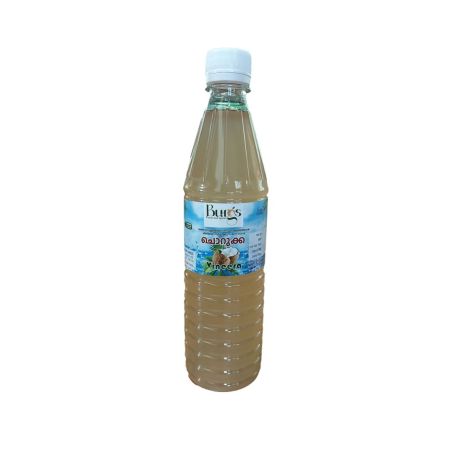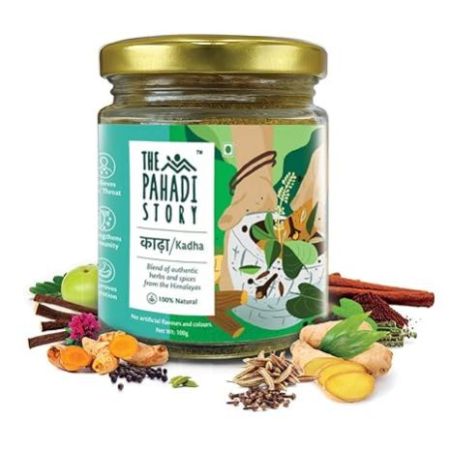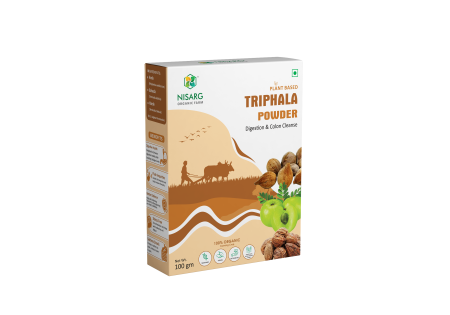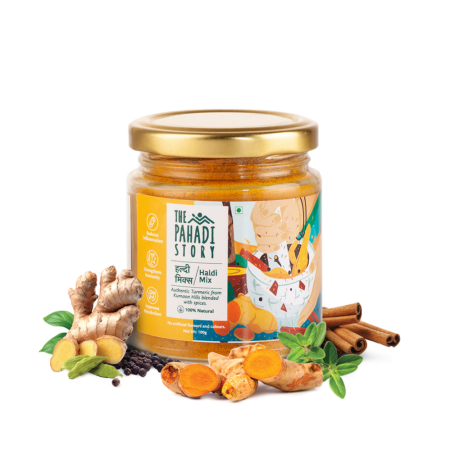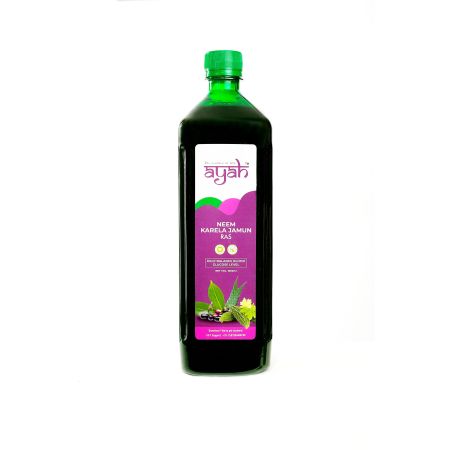|
Dandelion (Taraxacum officinale):
Dandelion is a common flowering plant in the Asteraceae family, scientifically known as Taraxacum officinale. It is often considered a weed due to its abundance in lawns and fields, but dandelion has a long history of use in traditional medicine for its various health benefits. Every part of the dandelion plant—from the root to the leaf and flower—contains medicinal properties. Dandelion is especially valued for its ability to support liver health, aid in digestion, and act as a natural diuretic.
Botanical Characteristics:
Dandelions are hardy perennial plants that grow up to 30 cm (12 inches) in height. The plant features bright yellow, daisy-like flowers that eventually turn into spherical seed heads, commonly known as “puffs,” which disperse seeds when blown. Dandelion leaves are deeply toothed and grow in a basal rosette, while the roots are long, taproot-like structures. Dandelion is most commonly found in temperate regions, growing in meadows, fields, roadsides, and even in urban environments. It thrives in disturbed soils and blooms in the spring and early summer.
Health Benefits of Raw Dandelion:
Dandelion has numerous health benefits, especially for digestive health, detoxification, and supporting overall well-being. The key health benefits include:
Supports Liver Health and Detoxification:
Dandelion root has been traditionally used to detoxify the liver and support its function. It stimulates bile production, which aids in digestion and fat metabolism.
The root is considered a liver tonic, helping to cleanse the liver of toxins and support its ability to filter waste products from the blood.
Dandelion is often used in herbal formulas for liver conditions like fatty liver disease, jaundice, and hepatitis, helping to restore liver function.
Acts as a Natural Diuretic:
Dandelion leaves are known for their mild diuretic effects, which help increase urine production and reduce water retention.
By promoting the elimination of excess fluids, dandelion can help reduce swelling and bloating, making it beneficial for conditions like high blood pressure, kidney stones, and edema (fluid retention).
It’s often used to promote kidney health and flush out toxins from the urinary tract.
Promotes Healthy Digestion:
Dandelion root contains inulin, a prebiotic fiber that supports the growth of beneficial gut bacteria. This can improve gut health and promote regular bowel movements.
The root is known to stimulate appetite and improve digestion by increasing bile production, which aids in the breakdown of fats.
Dandelion is often used to treat digestive issues such as indigestion, bloating, and constipation.
Rich in Antioxidants and Anti-inflammatory Properties:
Dandelion is rich in antioxidants, including flavonoids and polyphenols, which help neutralize free radicals in the body and reduce oxidative stress.
These antioxidant properties may help protect cells from damage, reduce the risk of chronic diseases, and combat the signs of aging.
Dandelion has anti-inflammatory effects, which can help alleviate conditions such as arthritis and inflammatory bowel disease (IBD).
Supports Immune System Health:
Dandelion has immune-boosting properties that help strengthen the body’s defense mechanisms against infections and illnesses.
The plant contains vitamins and minerals, including vitamin C, which support immune function and help prevent colds and other infections.
Dandelion’s antimicrobial properties may also help in fighting bacterial and fungal infections.
Regulates Blood Sugar Levels:
Some studies suggest that dandelion may help regulate blood sugar levels and improve insulin sensitivity.
Dandelion is thought to help reduce the absorption of glucose in the intestines, thereby helping to lower blood sugar levels. This makes it potentially beneficial for those managing type 2 diabetes.
Supports Healthy Skin:
Dandelion has traditionally been used to treat various skin conditions such as acne, eczema, and psoriasis.
The plant's anti-inflammatory and detoxifying properties help reduce skin irritation and promote healthy, clear skin.
Dandelion's high vitamin A and C content also contributes to healthy skin, reducing the appearance of wrinkles and improving skin tone.
Enhances Weight Loss Efforts:
Due to its diuretic and detoxifying effects, dandelion can aid in weight loss by helping the body eliminate excess water weight.
By supporting liver function and improving digestion, dandelion can also help enhance the body’s metabolic processes, contributing to better weight management.
Culinary and Medicinal Uses of Raw Dandelion:
Dandelion Tea: Dandelion leaves and roots can be used to make herbal tea. The tea has a mild, slightly bitter taste and is consumed for its detoxifying and liver-supporting properties.
Dandelion Salads: Fresh dandelion leaves can be used in salads, offering a slightly bitter flavor similar to arugula or mustard greens.
Dandelion Root Coffee: Roasted dandelion root can be brewed into a coffee substitute, providing a rich, earthy flavor without caffeine.
Dandelion Extracts and Tinctures: Dandelion root and leaf extracts are available in liquid form and can be used for detoxification, liver support, or as a natural diuretic.
Dandelion Capsules and Tablets: Dandelion supplements in the form of capsules or tablets offer a convenient way to consume the herb’s medicinal properties in a standardized dose.
Cultural and Historical Significance:
Dandelion has a rich history in herbal medicine across many cultures. In Traditional Chinese Medicine (TCM), it is used to clear heat, promote digestion, and treat conditions such as hepatitis and swelling. In European herbal traditions, dandelion has long been used as a liver tonic and diuretic. Native Americans also utilized the plant for its medicinal properties, particularly for treating liver issues, digestive disturbances, and skin conditions.
Nutritional Composition of Raw Dandelion:
Vitamins: Rich in vitamin A, vitamin C, and B-vitamins.
Minerals: Contains calcium, potassium, iron, magnesium, and zinc.
Fiber: High in dietary fiber, especially inulin, which supports gut health.
Calories: Approximately 45 calories per 100 grams of raw dandelion greens.
Environmental Role and Cultivation:
Dandelions are native to Eurasia but have spread widely across the world and thrive in temperate climates. They grow best in well-drained soils and are commonly found in disturbed areas like roadsides, lawns, and fields. Dandelion is resilient and can grow in a variety of environmental conditions, making it one of the most common wild plants. It is often grown intentionally for medicinal purposes, with the roots harvested in the fall and leaves and flowers used in the spring and summer.
|







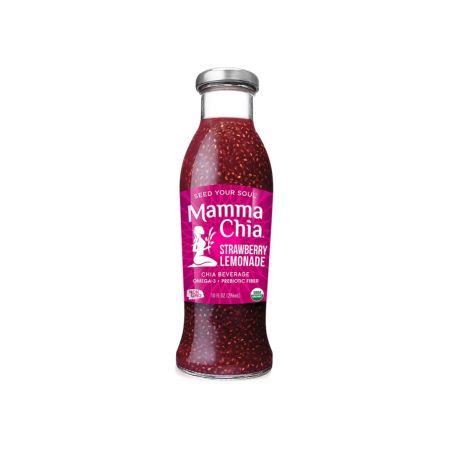
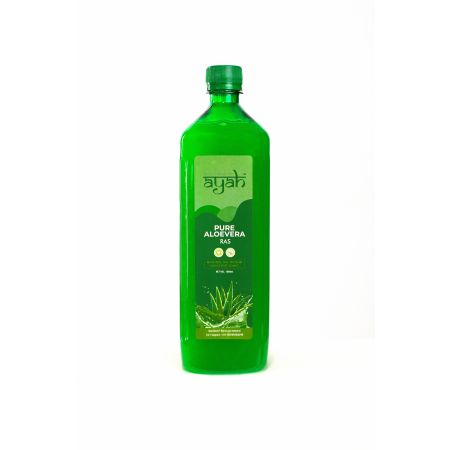


.jpg)
